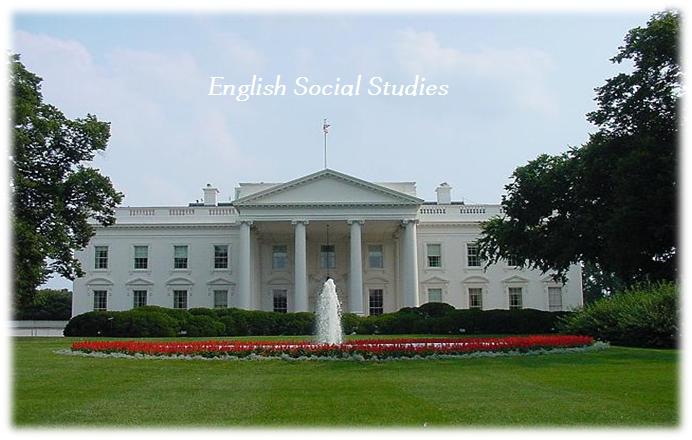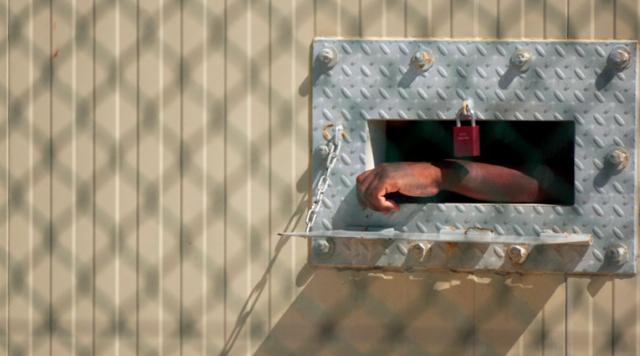
In 2006 the film "This is England" hit the movieteathers. We meet 12 year old Shaun living in England in 1983. Shaun lost his father in the Falklands War, and feeling sad on the way home from school one day, he meets a group of skinheads. Shaun eventually gets accepted as a member of the group. When the group splits in two, one racist group and one non-political group, Shaun decides to stay with the racist group. Shaun becomes a member under the leadership of Combo, an exprisoner, who wants to promote white nationalist views. Like many skinheads, Combo has been recruited by the National Front, an openly racist right-wing political party, and soon the gang begins to fracture, with Combo taking one faction toward violence and petty crime against blacks, Indians, and Pakistanis, while Woody, the leader of the other group, and his friends follow a more benign path. As Combo's gang harass the local ethnic minorities, the course is set for a rite of passage that will hurl Shaun from innocence to experience.
The Falklands War started on 2 April 1982 with the Argentine invasion and occupation of the Falkland Islands and South Georgia, and ended with the Argentine surrender on 14 Ju

ne 1982. The conflikt was the result of a protracted diplomatic confrontation regarding the sovereignty of the islands. Neither state officially declared war and the fighting was largely limited to the territories under dispute and the South Atlantic. The initial invasion was considered by Argentine as the re-occupation of its own territory, and by the UK as an invasion of a British overseas territory.
Britain launched a naval task force to engage the Argentine Navy and Argentine Air Force, and retake the islands by amphibious assault. After combat resulting in 258 British and 649 Argentine deaths, the British eventually prevailed and at the end of combat operation on 14 June the islands remained under British control.











 Most of what I found had to do with facts concerning the facilities, but I also came across some articles about how the detainees are treated. I find this quite interesting and I have therefore decided to focus on whether or not the War on Terror can justify the conditions at Guantanamo Bay detention camp. If I have enough space and time I will also try to write a little about the newest changes - like the fact that Obama has decided to close down the detention camp.
Most of what I found had to do with facts concerning the facilities, but I also came across some articles about how the detainees are treated. I find this quite interesting and I have therefore decided to focus on whether or not the War on Terror can justify the conditions at Guantanamo Bay detention camp. If I have enough space and time I will also try to write a little about the newest changes - like the fact that Obama has decided to close down the detention camp.



